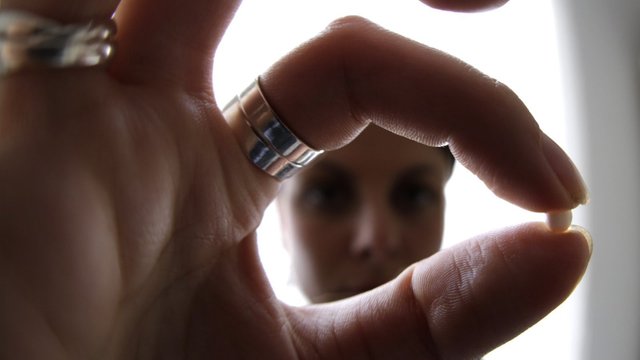Contraceptive Pill: Benefits or Not?
One of the most common methods of contraception will remain the administration of pills. However, due to the absence of adverse effects and the gynecologist visits, most women tend to stop taking after first experience.
With the start of sexual activity, it is important to know what are the risks involved - these include sexually transmitted diseases and unwanted pregnancies.
Encouraging the use of contraceptives is vital in modern society both for education and to avoid potential risks.
Over time, the pill has recorded several changes to mitigate the risks of side effects and improve the welfare of the women. In addition, as a benefit, the use of birth control pills diminishes the risk of ovarian cancer and endometrial cancer.
A meta-analysis conducted in Harvard University, to inform the administration of birth control pills that reduce the risk of endometrial cancer by up to 12% in the first year and 50% after about 5 years.
In terms of risk of ovarian cancer, the results were even more satisfying, observing a drop of up to 50% in the first year of use of contraceptive pills, according to the ACS (American Cancer Society).
Contraceptive pills have proven to be useful also in the treatment of polycystic ovary syndrome. This occurs due to hormonal imbalances suffered by women, causing a number of adverse effects such as obesity, irregular menstruation, increased facial hair, ovarian cysts or infertility.
The combination of hormones in contraceptive pills help establish hormone balance, significantly reducing any adverse effects mentioned above.
Another benefit of using contraceptive pills consists of the help it provides in combating anemia. Following the loss of significant amounts of blood during menstrual periods, can decrease iron levels in the body, most often intervening anemia.
Pill helps regulate menstruation both in terms of duration and in terms of the amount of blood lost, say Mayo Clinic brochures.
The next step consisted in combined oral contraception use natural estrogen (estradiol - chemically identical to the natural, physiological dose achieved) instead of ethinyl estradiol (synthetic hormone, highly potent). These combinations are found now on the market.
Natural estrogen is preferable Ethinyl estradiol expense due to the fact that it is identical to the natural hormone the body.
Natural estrogen is metabolized more easily, it does not influence procoagulants or anticoagulants, thereby reducing the risk of thrombosis.
This type of pill offers besides contraceptive effect and benefit non contraceptive, with a positive impact on health (improving acne mild and moderate, relieve symptoms of PMS and menstrual cramps - headache, backache, water retention or bloating, a much smaller amount of bleeding and brief).
Besides classical regimes 21/7 (21 active pills and seven days pause) there now and regimes 24/4 (foil with 24 active pills and four placebo) which eases administration and provides an automatic, because it will take one pill every day. The likelihood of forgetting a pill is smaller and increase contraceptive safety.
In addition to enhanced safety contraceptive regimens 24/4 reduces both the number of bleeding days and amount of bleeding and menstrual symptoms are diminished.
One of the most popular and reliable contraceptive pills remains administration. They have not only role contraceptive, but sustained benefits of international studies: positive impact on the health / wellness / state of comfort (control acne mild and moderate, relieve symptoms of PMS and menstrual cramps - headache, back pain, water retention, bloating / inflammation etc.).
Replacing ethinylestradiol (estrogen controversial composition used until now in all birth control) with an estrogen made identical to that produced by a woman's body in physiological dose, adds new benefits and safety of this type of contraception.
Are There Side Effects of Birth Control Pills?
Yes, there are side effects of birth control pills, although the majority are not serious. Side effects include:
- Nausea
- Weight gain
- Sore or swollen breasts
- Small amounts of blood, or spotting, between periods
- Lighter periods
It was made public a study about women that take one pill a day. Results for older women—the study’s mean age was 24.4—were less extreme but also significant. Those taking oral contraceptives were 23% more likely to be diagnosed with depression, and those using progestin-only pills 34% more likely to. And these are just measures of people who actually sought medical help for the symptoms they experienced.
Bibliography: http://www.webmd.com/sex/birth-control/birth-control-pills#4



Included in Steemprentice Spotlight 200+ member edition :)

Tweeted by SteemLand
This post has been linked to from another place on Steem.
Learn more about linkback bot v0.4. Upvote if you want the bot to continue posting linkbacks for your posts. Flag if otherwise.
Built by @ontofractal